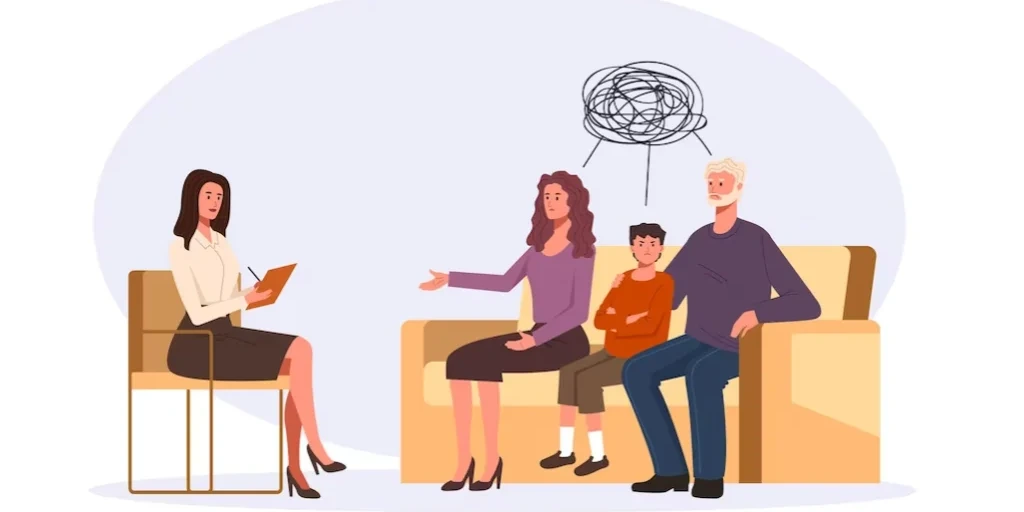24/7 Helpline:
(866) 899-221924/7 Helpline:
(866) 899-2219
Learn more about Ecstasy Rehab centers in Papillion
Ecstasy Rehab in Other Cities

Other Insurance Options

Optima

Kaiser Permanente

American Behavioral

Cigna

Providence

Magellan Health

Premera

ComPsych

State Farm

Health Net

Oxford

PHCS Network

Highmark

Optum

Choice Care Network

Medical Mutual of Ohio

CareSource

Anthem

Ambetter

Excellus

CHI Health Psychiatric Associates
CHI Health Psychiatric Associates is a private rehab located in Papillion, Nebraska. CHI Health Psyc...








Heartland Family Service
Heartland Family Service is a private rehab located in Papillion, Nebraska. Heartland Family Service...

